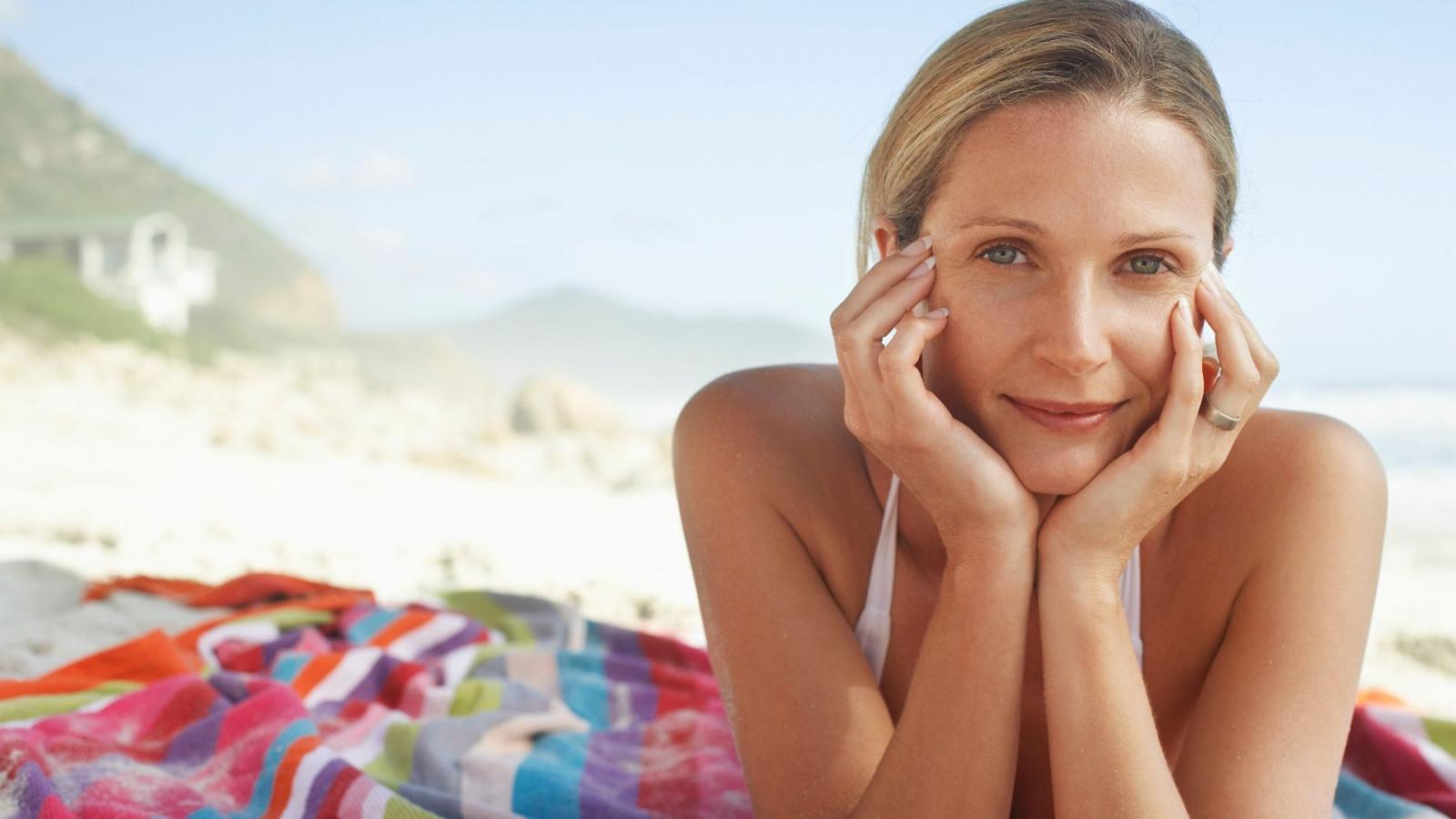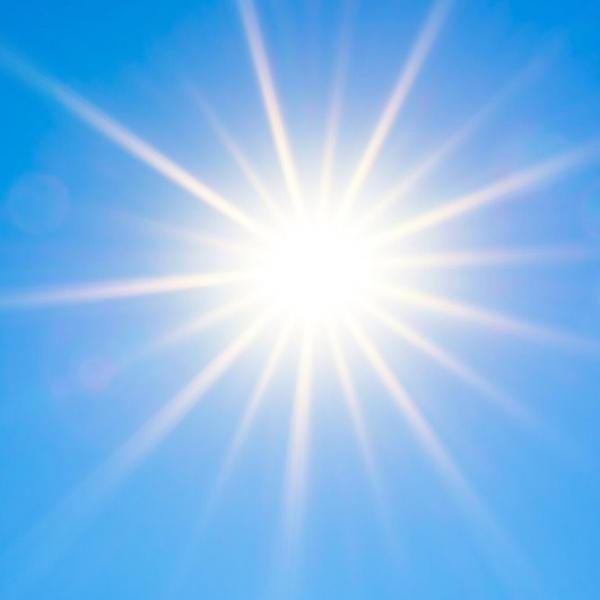What increases my risk of non-melanoma skin cancer?

On this page:

The main risk factor for developing non-melanoma skin cancer is ultraviolet (UV) light from sun exposure.
These increase the risk of skin cancer:
- Exposure to UV light: Exposure to ultraviolet (UV) radiation from the sun’s rays (even on cool or cloudy days) or tanning lamps and sunbeds.
- Lifetime exposure to sunlight: Regular sun holidays, working outdoors, outdoor sports or severe sunburn or blistering as a child or teenager may increase your risk of developing non-melanoma skin cancer later in life.
- Sunbeds: Even one sunbed session can increase your risk of developing squamous cell skin cancer by 67% and basal cell skin cancer by 29%.
- Skin type and eye colouring: Fair skin that freckles or burns easily, with fair or red hair and blue, green or grey eyes.
- Age: Squamous cell and basal cell carcinomas usually appear after the age of 40 and become more common as people get older, but they are becoming increasingly common in younger people.
- Family history of skin cancer: Your risk increases if you have a family member with skin cancer.
- Gender: Men are twice as likely as women to have basal cell cancers and three times as likely to have squamous cell cancers. It is believed that men are more exposed to UV rays from working outdoors and playing sport, and from not using sunscreen or wearing protective clothing.
- Other risk factors: Other risk factors include chronic ulcers, burns, previous radiotherapy and some hereditary skin conditions. See our leaflet Non-melanoma skin cancer – What you should know for more about skin cancer risk factors.
Having a risk factor doesn’t mean you will get cancer. Sometimes people with no risk factors get the disease. If you’re worried, talk to your GP or talk to one of our cancer nurses. Call our Support Line on 1800 200 700 or visit a Daffodil Centre.
Reducing your risk of skin cancer
The most important things you can do to reduce your risk of skin cancer are:
- Protect your skin from UV rays from the sun
- Check your skin regularly for any unusual changes
Read more about these and other cancer risk-reduction tips.
For more information
Phone
1800 200 700



